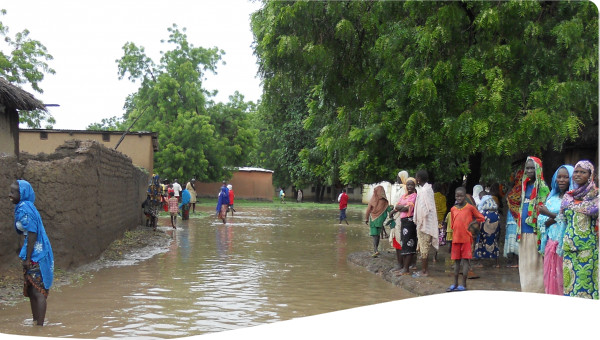This article argues that resource access, use, control, ownership and conflict are not only mediated through social relations of power, but also through emotional geographies where gendered subjectivities and embodied emotions constitute how nature–society relations are lived and experienced on a daily basis. By engaging the insights from feminist political ecology literatures and emotional geographies literatures, the article demonstrates that resource struggles and conflicts are not just material challenges but emotional ones, which are mediated through bodies, spaces and emotions. Such a focus fleshes out the complexities, entanglements and messy relations that constitute political ecologies of resources management, where practices and processes are negotiated through constructions of gender, embodiments, and emotions. Abstractions of ‘resource struggles’ and ‘resource conflicts’ are thereby grounded in embodied emotional geographies of places, peoples, and resources, enabling us to better understand the ways resources and emotions come to matter in everyday survival struggles. This framing can enrich feminist political ecology theorizations and texture our understandings of commonly-used terms such as access, use, control, conflict and struggles vis-à-vis natural resources in any context. In other words, we are better able to conceptualize and explain how and why people access, use, and struggle over resources the ways they do. A case study of drinking water contamination from Bangladesh is used to develop the theoretical arguments in contributing to existing debates in (feminist) political ecologies.
 Resource -
Resource -
Academic resource
